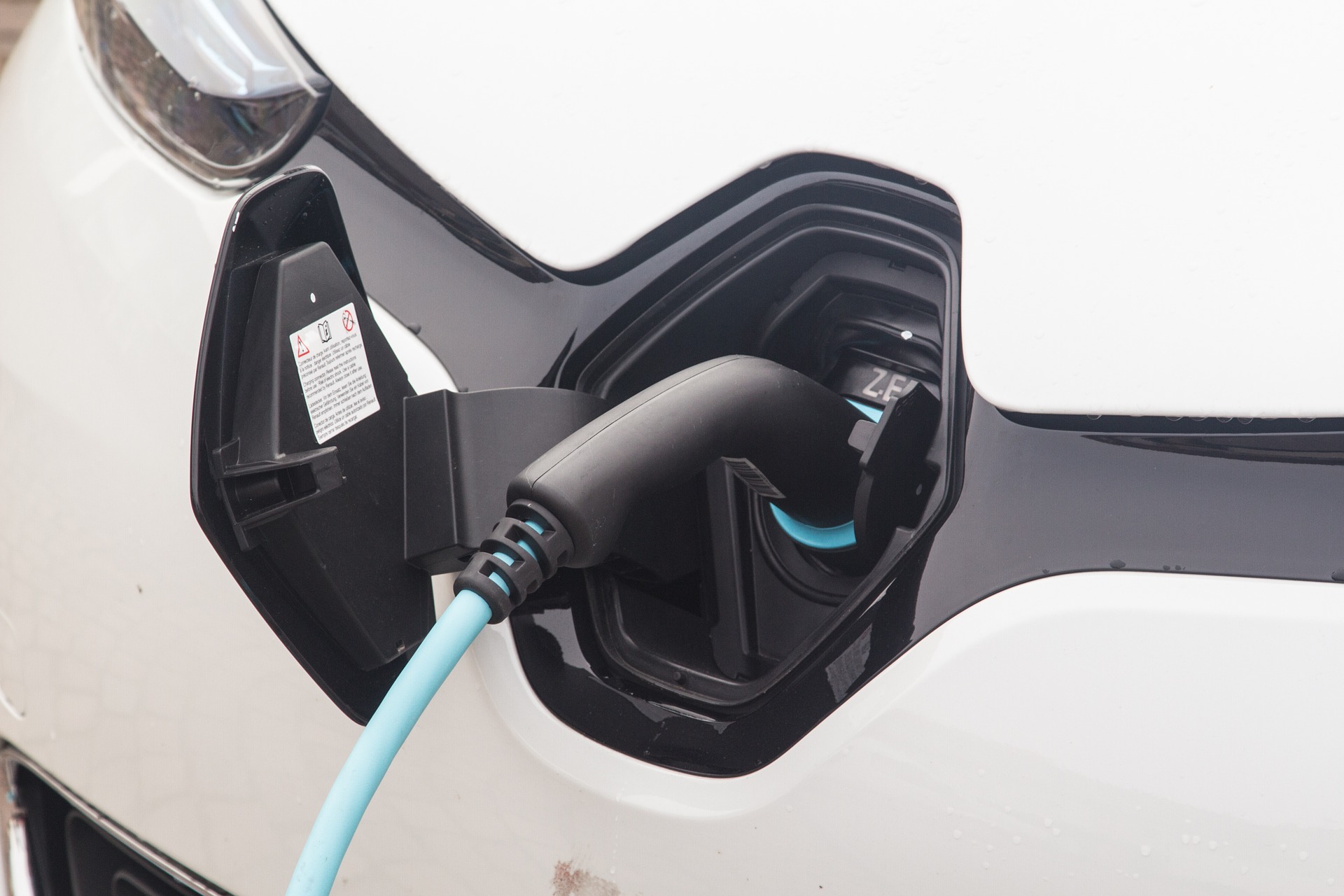Nonconform electric car
 The electric car is becoming more popular. More and more people decide to buy an electric car. But what if an electric car does not meet the requirements that you can reasonably set? On this subject the Noord-Nederland court came to a decision in a remarkable case.
The electric car is becoming more popular. More and more people decide to buy an electric car. But what if an electric car does not meet the requirements that you can reasonably set? On this subject the Noord-Nederland court came to a decision in a remarkable case.
Driving range electric car
In 2013 Horstman buys an electric Nissan. Horstman has acquainted himself with the different options and wants to buy an electric car with a driving range of at least 133 km. He sets this requirement considering the distance between Zoetermeer and Drachten, between which he commutes for work. The choice falls on the Nissan Leaf. According to the Nissan dealer, this car has a driving range of 199 km, which persuades Horstman to buy the Nissan Leaf.
Promises are not kept
The electric car does not meet the expectations set by the salesman. The driving range that was promised by the dealership is never reached. Horstman’s first drive is a disaster and takes 11 hours because the battery of the electric car is constantly empty and has to be recharged. He notifies the Nissan dealer the very same day, but they were not able to an amicable solution. In the following period Horstman had to have his car towed 34 times as a result of battery related issues.
Breach of contract by the Nissan dealer
Horstman decides to take his case to court. He claims that the electric car does not comply with the requirements that he could reasonably set. According to Horstman the Nissan dealer fell short in fulfilling their part of the agreement by delivering an electric car that does not meet the qualities that Horstman was assured the car would possess. Amongst other things he demands the judge terminates the agreement and a compensation for his damages.
The Nissan dealer defends himself by claiming they never guaranteed that the electric car has a driving range of 199 km. Experts are called upon to test the electric car. Eventually the court decides that the defence of the Nissan dealer will not succeed. The court believes the electric car that the Nissan dealer sold to Horstman did not meet the requirements that Horstman could reasonably set. Horstman could reasonably assume, based on the information on the website of the Nissan dealer, that the electric car had a driving range of 199 km. The experts concluded that the electric car can never reach that driving range. The court decides in Horstman’s favour. The court terminates the agreement and allows the damages claim.
Options when an electric car is nonconform
If an electric car is nonconform in the sense of art. 7:17 BW (Dutch Civil Code), the buyer is either due an act of remedy or replacement, if this is reasonably within the seller’s abilities. If it is not (or not anymore) possible, like in the case of Horstman, the buyer can terminate the agreement. The buyer can also claim damages on the grounds of art. 6:74 BW.
The seller’s case
It is important to notify the seller in time. Normally the buyer needs to prove the electric car has a defect. In case of a consumer sale, however, it is assumed that if a defect manifests itself within 6 months after the sale, the electric car was nonconform. In that case the seller must prove that there was no defect to the electric car.
Default notice
If you discover a defect concerning your electric vehicle, it is important you first send the seller a default notice. Through this notice you give them an opportunity to remedy the defect or replace the electric car within a reasonable time.
Do you have problems with your electric car? SMART Advocaten will be pleased to help you
